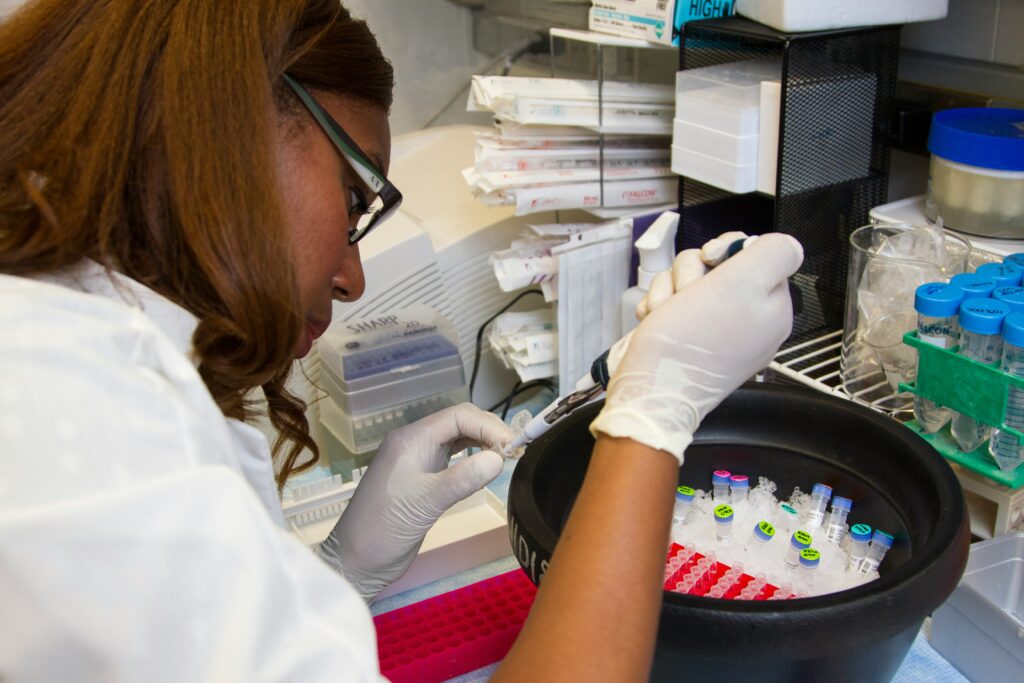Trust in science was thought by some to be low as a result of misinformation spread through social media, political polarisation turning scientific facts into ideological battlegrounds, and high profile failures to replicate scientific findings.

But a landmark survey of 71,922 people spanning 68 countries, the largest conducted post pandemic, reveals that public trust in scientists is still ‘moderately high worldwide.’
Led by Viktoria Cologna of ETH Zurich and Niels G. Mede of the University of Zurich, it is published in the journal Nature Human Behaviour. ‘Our results show that most people in most countries have a relatively high level of trust in scientists,’ says principal investigator Viktoria Cologna, ‘and want them to play an active role in society and politics.’
On a scale from 1 (very low trust) to 5 (very high trust), respondents reported an average trust level of 3.62, and you can explore the data with this dashboard.
The majority of respondents also see scientists as qualified (78%), honest (57%) and concerned about people’s well-being (56%).
However, less than half of respondents (42%) believe that scientists pay attention to the views of others. ‘Many people feel that the priorities of science are not always well aligned with their own priorities,’ says co-author Niels Mede.
Globally, 83% of respondents believe that scientists should communicate with the public about science, providing an impetus for increased science communication effort, not least in museums, which are ‘where science and the public meet,’ adds Mede.
Among other detailed findings, people with right-wing political views in Western countries tend to have less trust in scientists than those with left-wing views, though in most countries political orientation and trust in scientists were unrelated.
India appears much more confident in science than the UK, though this might reflect a bias in how the survey was conducted in English, which is more common among higher social classes, which tend to trust more, says Mede.